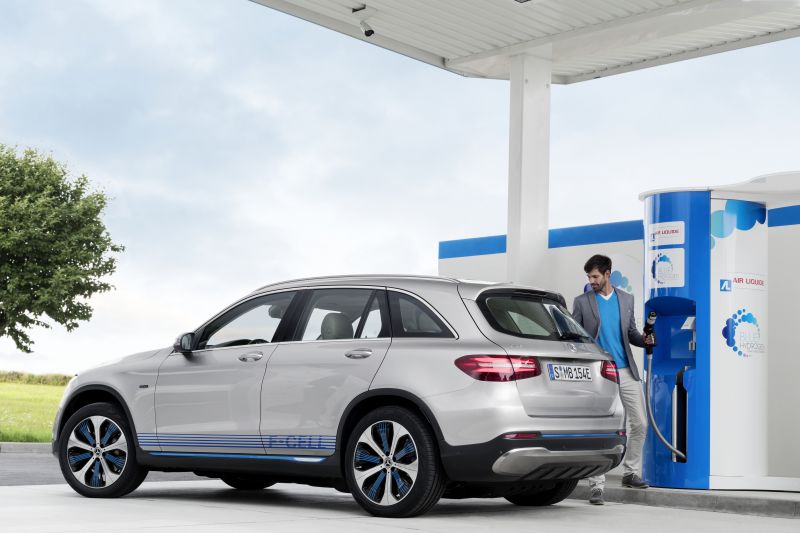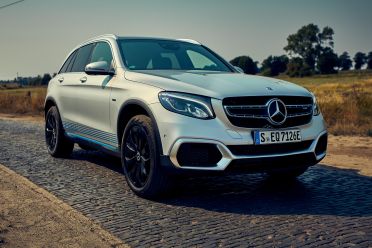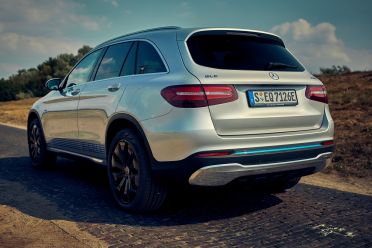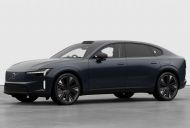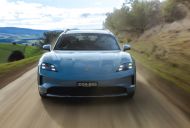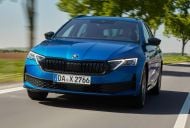Once touted as the fuel of the future, hydrogen has today taken a blow.
A report from Automotive News Europe reveals Daimler will stop developing hydrogen fuel-cell cars due to low demand and high manufacturing costs.
The automotive giant behind Mercedes-Benz and Smart will instead focus on using hydrogen technology for heavy vehicles, having this week agreed to partner with Volvo Trucks on development.
The plug-in hybrid Mercedes-Benz GLC F-Cell is the only Daimler fuel-cell car currently in production. Once its run is done there won’t be any more fuel-cell passenger vehicles from the three-pointed star or its subsidiaries.
“The GLC car project is nearly done. As we speak the last GLC fuel cells will be produced and handed over to customers. At the moment we don’t plan another car,” Daimler Trucks CEO Martin Daum told reporters on Tuesday, as reported by Automotive News Europe.
Build numbers for the F-Cell SUV were capped below 1000 because they were so expensive to build.
Although customers could rent the car, it was only offered to commercial fleet partners such as German rail operator Deutsche Bahn.
With a battery range of 50km and a hydrogen-fuelled range of 427km, the total 478km on offer is just 44km more than the pure-electric EQC SUV claims.
In ideal conditions, the GLC F-Cell could be filled with compressed hydrogen in around three minutes, but hydrogen refuelling infrastructure is limited – even in supportive markets such as California and Japan.
Toyota, Hyundai, and Honda remain committed to hydrogen vehicles, despite Daimler backing out.
Toyota is recently ran a fuel-cell trial with the Hobson’s Bay council, where councillors used a trio of Mirai sedans for day-to-day duties. The company has released its long, low second-generation Mirai as well.
Daimler hasn’t ruled out an eventual return to hydrogen fuel-cell vehicles.
“We have all the possibilities to come back anytime if there is a market and a necessity,” Martin Daum said.

